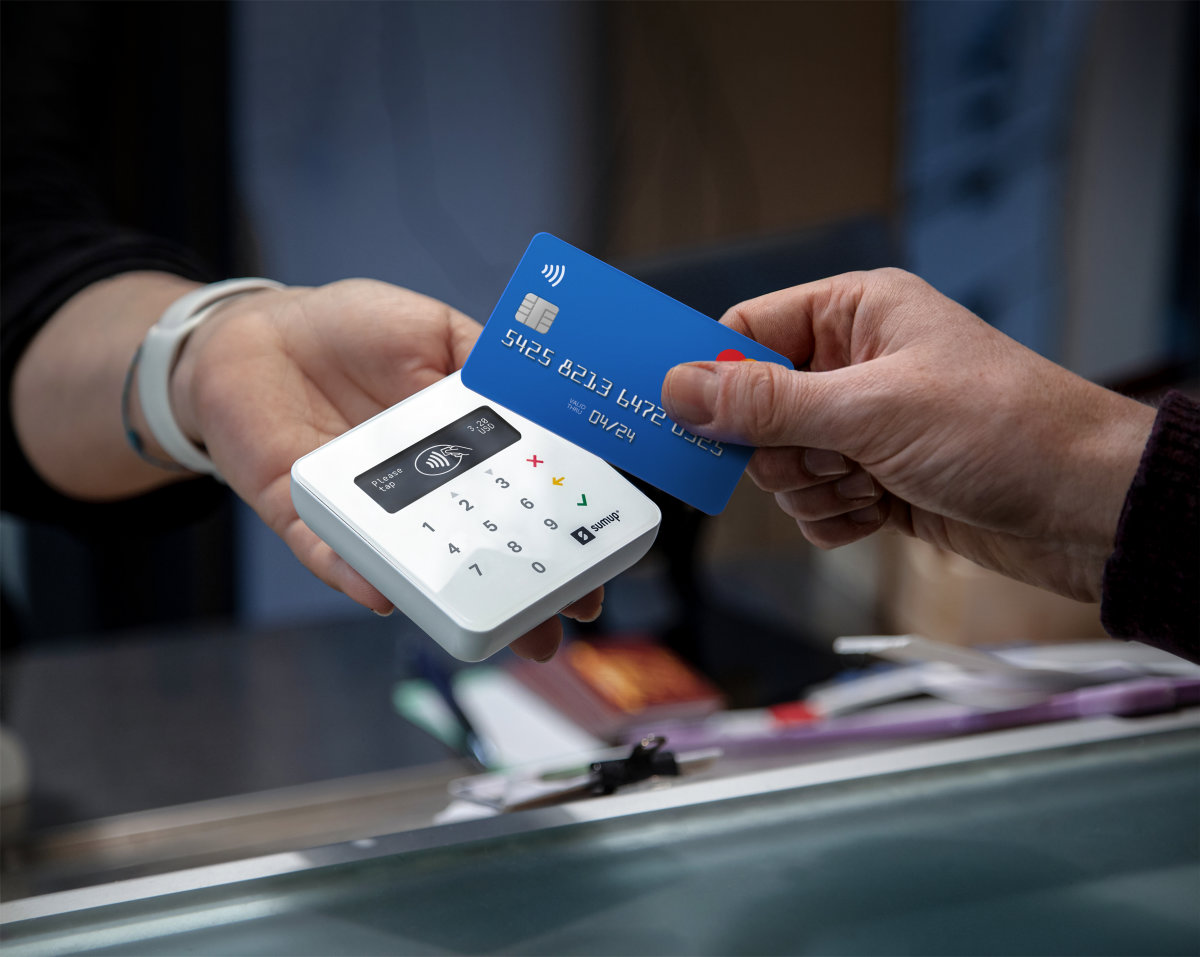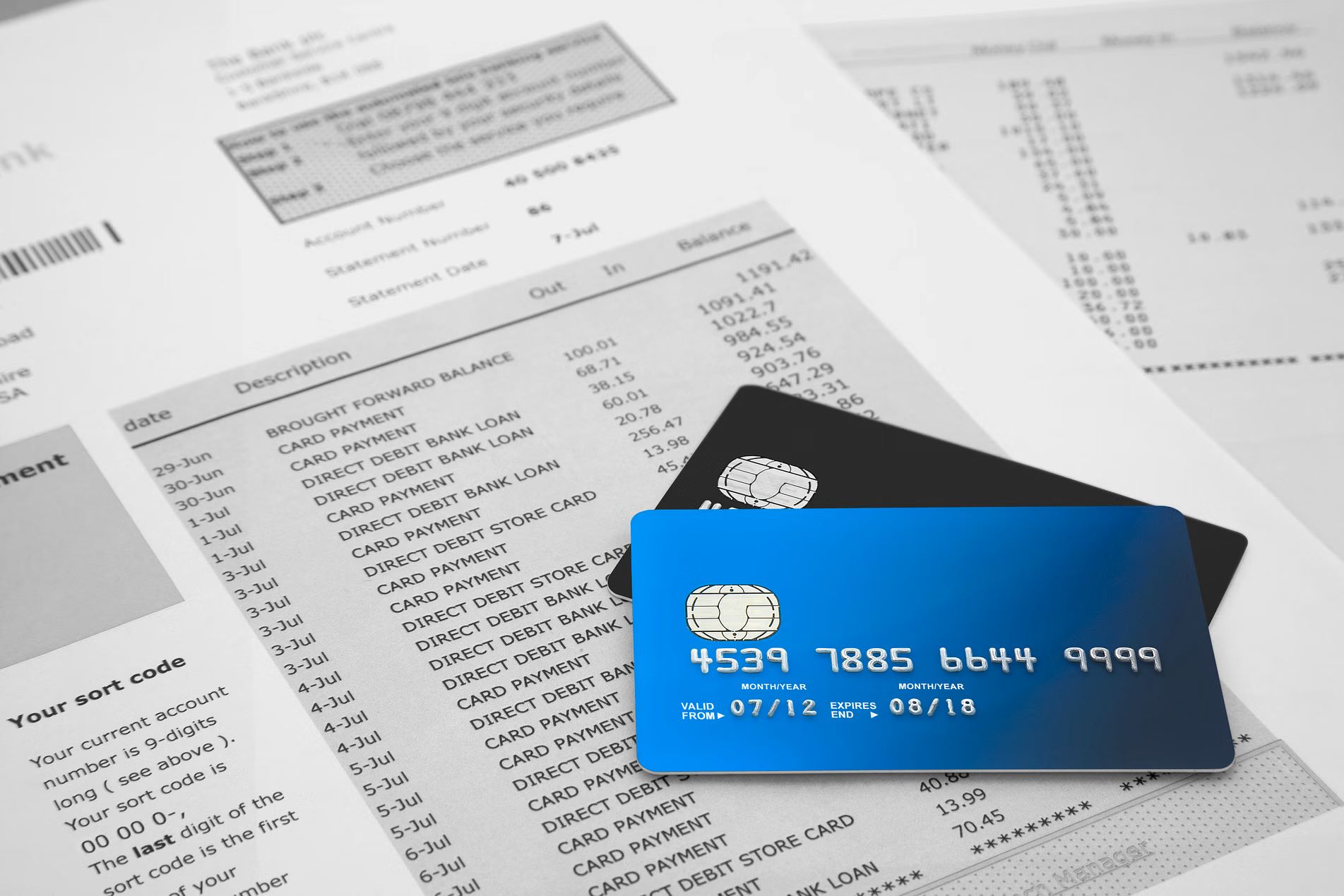

Finance
Near Field Communication (NFC) Definition
Published: December 29, 2023
Get a clear understanding of Near Field Communication (NFC) and its applications in the finance industry. Discover how this technology is revolutionizing payments and enhancing security.
(Many of the links in this article redirect to a specific reviewed product. Your purchase of these products through affiliate links helps to generate commission for LiveWell, at no extra cost. Learn more)
The Definition and Benefits of Near Field Communication (NFC)
Welcome to another informative blog post from our Finance category! Today, we are going to dive into the world of Near Field Communication (NFC). Have you ever wondered what NFC is and how it can benefit us in our everyday lives? If so, you’re in the right place! In this article, we will explain the definition of NFC and highlight some of its key benefits.
Key Takeaways:
- NFC is a wireless communication technology that allows devices to exchange data over short distances.
- It offers convenience, security, and versatility for a variety of applications, including mobile payments, access control, and data transfer.
Near Field Communication (NFC) is a short-range wireless communication technology that enables devices to interact with one another by simply being in close proximity, usually within a few centimeters. It operates on the principle of electromagnetic induction, which allows for the transfer of data between devices without the need for physical contact or pairing processes.
NFC has gained popularity in recent years due to its numerous benefits across various industries. Here are some key advantages of NFC:
1. Convenience for Mobile Payments:
NFC technology has revolutionized the way we make payments. Using NFC-enabled smartphones or wearable devices, users can securely and swiftly make purchases by simply tapping their device on a compatible payment terminal. This convenience has led to the widespread adoption of mobile payment services, making transactions quicker and hassle-free.
2. Enhanced Security:
NFC employs encryption and authentication protocols, making it a secure method for data exchange. Its short-distance range minimizes the risk of unauthorized interception, reducing the chances of data theft or unauthorized access. This level of security makes NFC ideal for various applications, including contactless access control systems or even digital ticketing.
Other notable applications of NFC include sharing files, pairing Bluetooth devices, smart transportation systems, and interactive marketing. The technology continues to evolve, opening up new avenues for businesses and consumers alike.
In conclusion, Near Field Communication (NFC) is a wireless communication technology that enables devices to interact by being in close proximity. Its benefits range from convenient mobile payments to enhanced security measures. As NFC continues to evolve, it has the potential to revolutionize the way we exchange data and conduct everyday transactions.
Thank you for joining us for this blog post on NFC. We hope you found it informative and gained a better understanding of this exciting technology. Stay tuned for more exciting finance-related content!














